This call to action is from the Puget Sound Partnership Leadership Council to the recovery community. Each of us can, and must, do more to accelerate recovery, and we are committed to our partnership with you. We must redouble our efforts to combat climate change and the effects of a growing population that threaten ecosy tems and disproportionately affect vulnerable communities. Together, as we look to the future, let us be bold in our intent and actions to build a healthy, resilient, and economically prosperous Puget Sound for all.
These recommendations align with the 2022-2026 Action Agenda—our community’s shared plan for the protection and restoration of Puget Sound. To learn more about how we can recover Puget Sound, see the 2022-2026 Action Agenda.
State Legislature | State Agencies | Local Governments | Congress | Federal Agencies | Nongovernmental Organizations | Puget Sound Partnership | Business | Public | Tribes
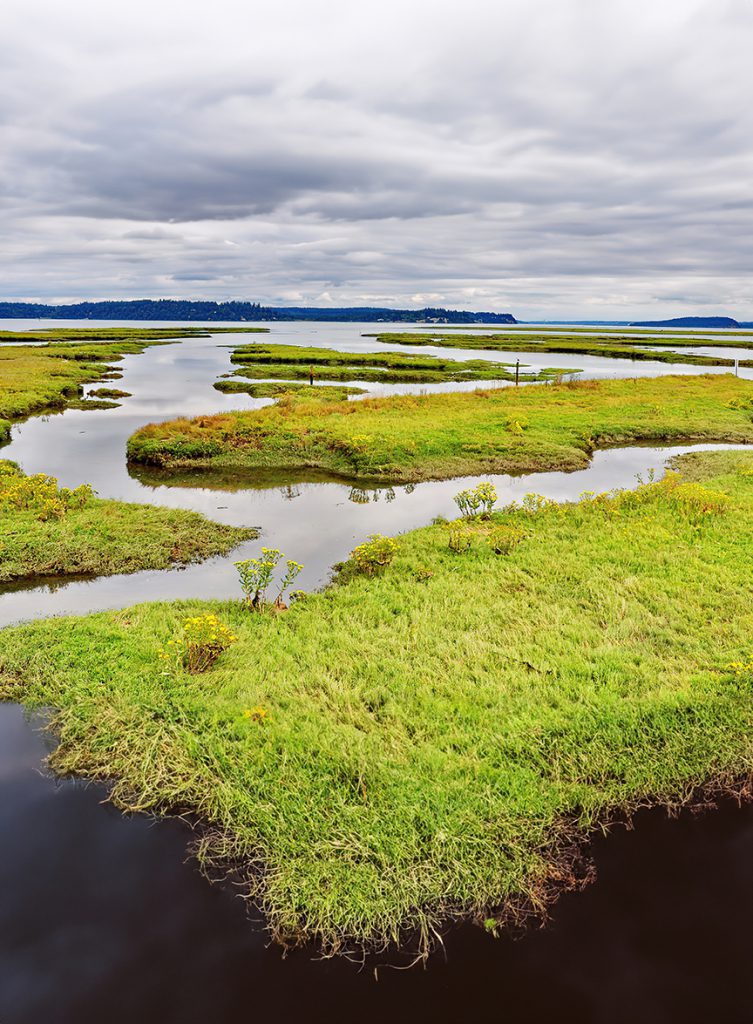
For the State Legislature
- Enact changes to our regulatory system as recommended by the Puget Sound Partnership Leadership Council (psp.wa.gov/recommendations) to protect and enhance salmon habitat, ensure human health and safety, provide irreplaceable ecosystem services, sustain Tribal cultures, increase resiliency to climate change, and produce food for orcas.
- Authorize new funding that will provide reliable, dedicated funding in the amounts needed for Puget Sound recovery, as recommended by the Leadership Council.
- Fund a Puget Sound budget that fully supports recovery, as recommended by the Leadership Council.
- Support Puget Sound-friendly Growth Management Act amendments and ensure successful implementation by providing local governments with the necessary tools and resources. To provide affordable housing while ensuring a healthy Puget Sound, we must accommodate development pressure in urban growth areas and avoid conversion of natural areas and working lands. The Legislature should ensure local governments have the tools and resources to incorporate the following into upcoming updates to local Comprehensive Plans in the Puget Sound region:
- Salmon recovery efforts, including protecting intact salmon habitat and preventing conversion of parcels identified as high priority for restoration.
- Climate mitigation and adaptation, including transit-oriented development and urban green space.
- Tools to channel population growth into attractive, walkable communities with easy access to natural spaces.
For State Agencies
- Work with the Partnership and the Leadership Council to develop the Puget Sound budget. Submit budget requests to implement the 2022-2026 Action Agenda for Puget Sound.
- Work with the Leadership Council to identify and implement changes to state policies and programs that will accelerate recovery and increase climate resiliency while sustaining vibrant human communities and working lands.
- Enhance collaboration with local governments and landowners to find effective ways to protect and restore habitat and water quality.
- Continue and enhance collaboration with British Columbia to ensure our recovery efforts don’t stop at the border and reflect the connectivity of the Salish Sea ecosystem. Accelerate salmon recovery work with Oregon, Idaho, California, and Alaska.
- Collaborate with the Partnership and its boards to address ongoing program barriers, including barriers that may prevent us from achieving Program Targets.
- Work with our state family to collectively advance environmental justice efforts and implement the HEAL Act.
- Work with the Partnership and Salmon Recovery Council to develop and implement the Puget Sound Salmon Recovery Plan Addendum (Regional Chapter Update).
- Implement actions in the 2022-2026 Action Agenda that will achieve biophysical and human wellbeing outcomes. Take action to achieve state agency Program Targets in the 2022-2026 Action Agenda.

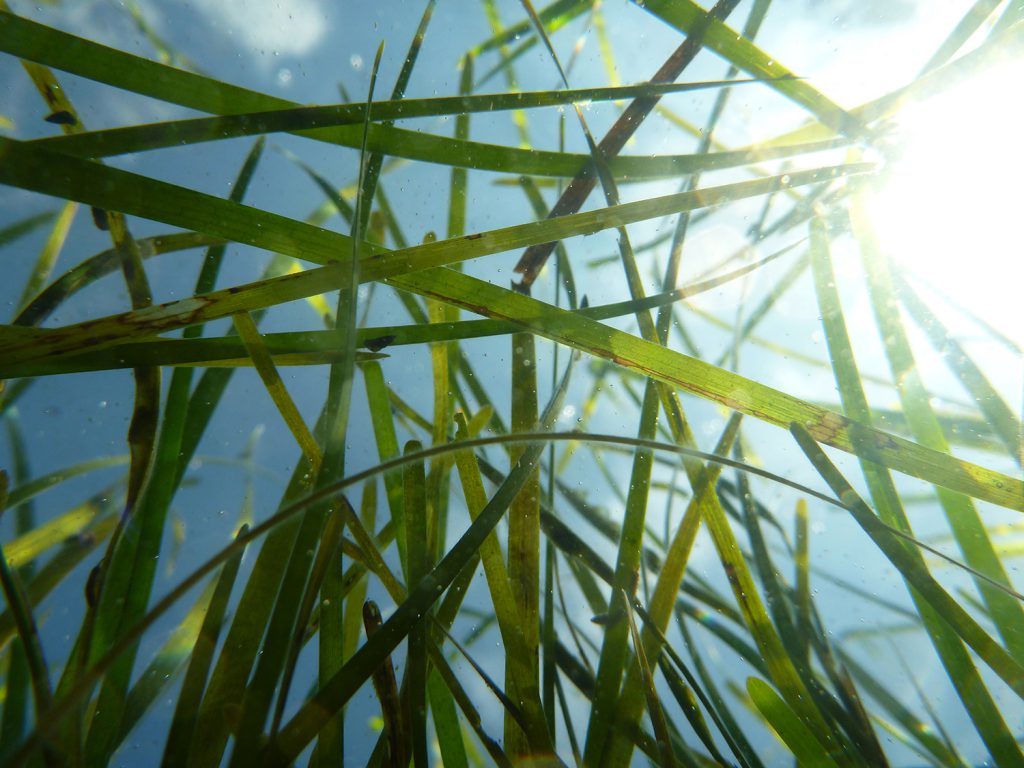
For Local Governments
- Collaborate with the Leadership Council and other regional partners to identify ways that state agencies and other partners can support local government efforts to accelerate recovery while enhancing human wellbeing.
- Adopt, implement, and enforce land-use policies that protect habitat, prevent stormwater pollution, and lead to the reopening and protection of shellfish beds. Look for ways to achieve environmental net gains while accommodating growth.
- Help constituents understand the connections between these land-use policies, climate resiliency, and Puget Sound recovery.
- Participate in and support watershed-scale recovery planning and implementation efforts, through Local Integrating Organizations and salmon recovery Lead Entities.
- Implement actions in the 2022-2026 Action Agenda that will achieve biophysical and human wellbeing outcomes.
For Congress
- Maintain and grow current levels of funding for the Puget Sound Geographic Program.
- Fund science and monitoring to increase our understanding of, and ability to report on, Puget Sound recovery.
- Restore historic funding levels for the Pacific Coastal Salmon Recovery Fund to ensure that salmon recovery actions occur throughout the U.S. range of the Southern Resident orcas.
- Continue to support transportation infrastructure investments that align with Puget Sound recovery.
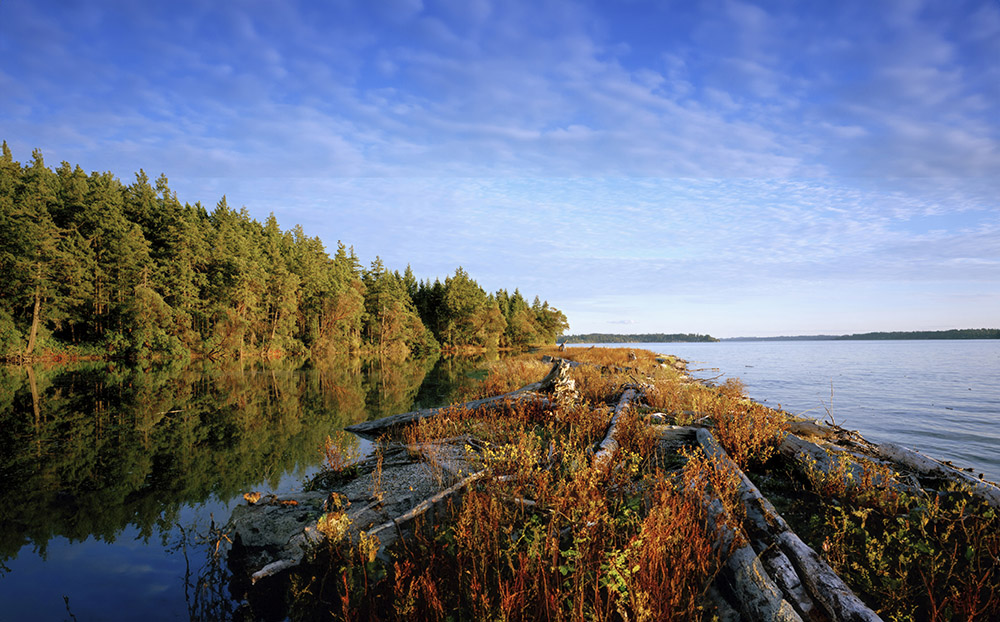
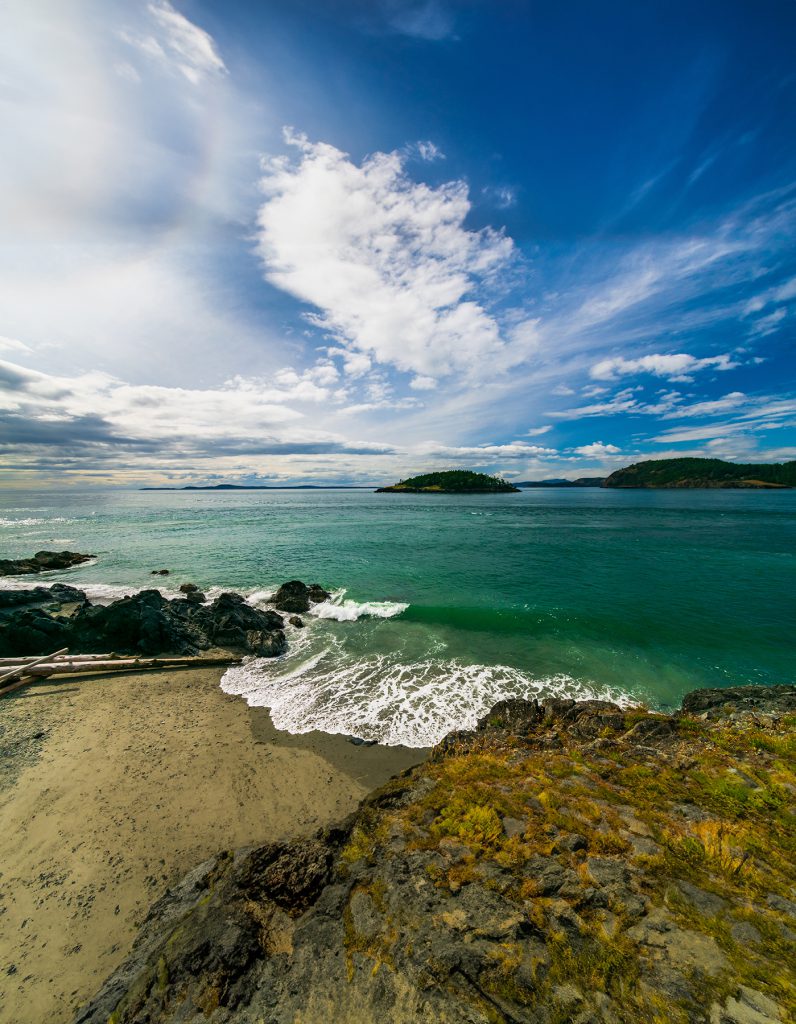
For Federal Agencies
- Implement the action plan of the Puget Sound Federal Leadership Task Force with input from state and Tribal entities. Continue to collaborate within the Management Conference to align federal resources toward achieving the desired outcomes in the 2022-2026 Action Agenda.
- Through the Puget Sound Federal Leadership Task Force, identify and implement changes to federal policies and programs that will accelerate recovery while benefiting all communities equitably.
- Continue and enhance transboundary collaboration, including with Canadian First Nation communities, to ensure our recovery efforts reflect the connectivity of the Salish Sea ecosystem.
- Ensure that federal transportation infrastructure investments maximize opportunities to advance Puget Sound recovery.
- Work with the Partnership and Salmon Recovery Council to develop and implement the Puget Sound Salmon Recovery Plan Addendum (Regional Chapter Update).
For Nongovernmental Organizations
- Continue and intensify advocacy for policies and funding that support Puget Sound recovery and healthy and resilient human populations.
- Help raise funds for implementation of the 2022-2026 Action Agenda.
- Increase public awareness of the condition of Puget Sound, why it matters, the effects of human activities and climate change on Puget Sound, and how individuals can support Puget Sound recovery.
- Participate in local coalitions to apply for state and federal funding and support implementation of projects in communities.
- Participate in and support watershed-scale recovery planning and implementation efforts, through Local Integrating Organizations and salmon recovery Lead Entities.
- Work with the Partnership and Salmon Recovery Council to develop and implement the Puget Sound Salmon Recovery Plan Addendum (Regional Chapter Update).
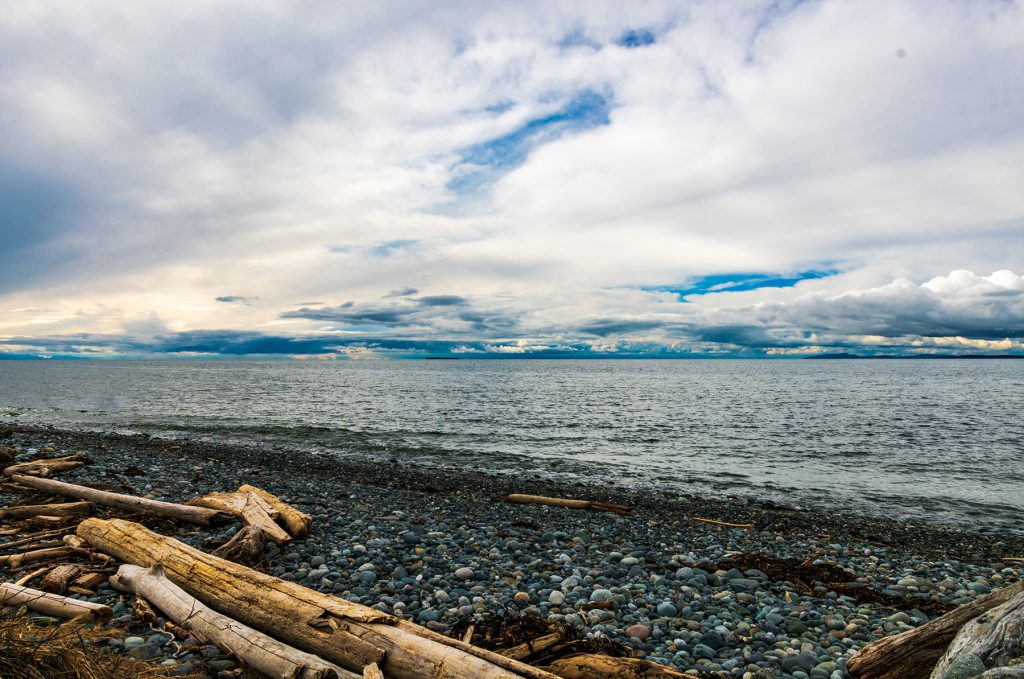
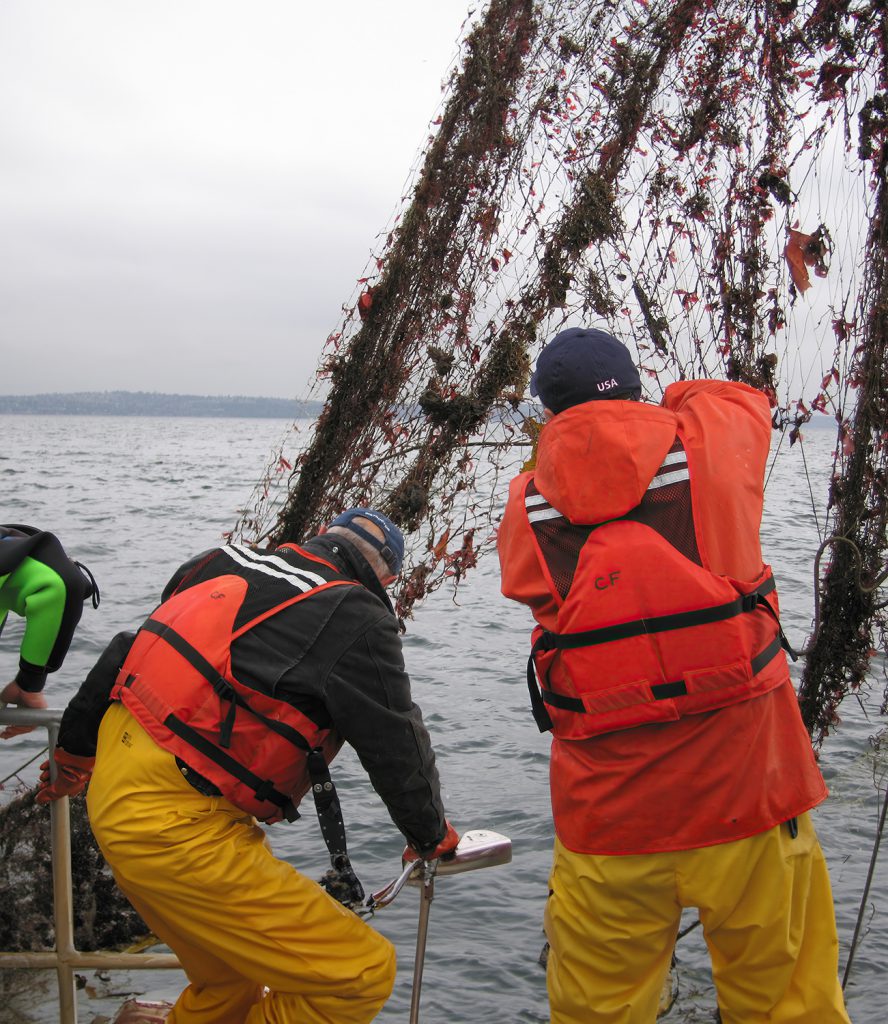
For the Puget Sound Partnership
- Work with the Leadership Council and all partners to identify and implement changes to state, federal, and local policies that will accelerate recovery and increase climate resiliency while sustaining vibrant human communities and working lands.
- Lead development of the Puget Sound budget with the Leadership Council and state agencies.
- Diversify and enhance funding sources to leverage state investments in Puget Sound, including philanthropy, impact investment, private sector commitments, and federal funding.
- Lead collaboration with all partners to implement the 2022-2026 Action Agenda.
- Commit to specific actions to advance strategies in the 2022-2026 Action Agenda.
- Continue to develop and enhance our accountability and ecosystem monitoring programs to ensure investments in Puget Sound recovery are effective and targeted.
- Continue to improve coordination with partners to align efforts with the Action Agenda and amplify resources to advance Puget Sound recovery.
- Deploy cutting-edge science to diagnose pressures on Puget Sound, identify and test potential solutions, and stay abreast of emerging issues.
- Tell the story of Puget Sound recovery.
- Work with our state family to collectively advance environmental justice efforts and implement the HEAL Act. Increase diversity, equity, and inclusion to represent everyone in the recovery effort. Guide and implement ecosystem recovery through an environmental justice lens.
- Lead the development and finalization of the Puget Sound Salmon Recovery Plan Addendum (Regional Chapter Update). Work collaboratively with partners and agencies to implement actions and strategies. Establish the monitoring and adaptive management framework and provide accountability
For Business
- Participate in programs that support recovery, such as EnviroStars, LEED, and Salmon Safe. Take actions to reduce your business’s carbon footprint.
- Invest in solutions with the nongovernmental organization community.
- Participate in Puget Sound Day on the Hill to demonstrate to our federal delegation that Puget Sound recovery helps the economy.
- Support innovation by participating in forums such as Water 100.
- Support recovery efforts in the watershed where you do business. Connect with Local Integrating Organizations or salmon recovery Lead Entities to discover mutually beneficial actions.
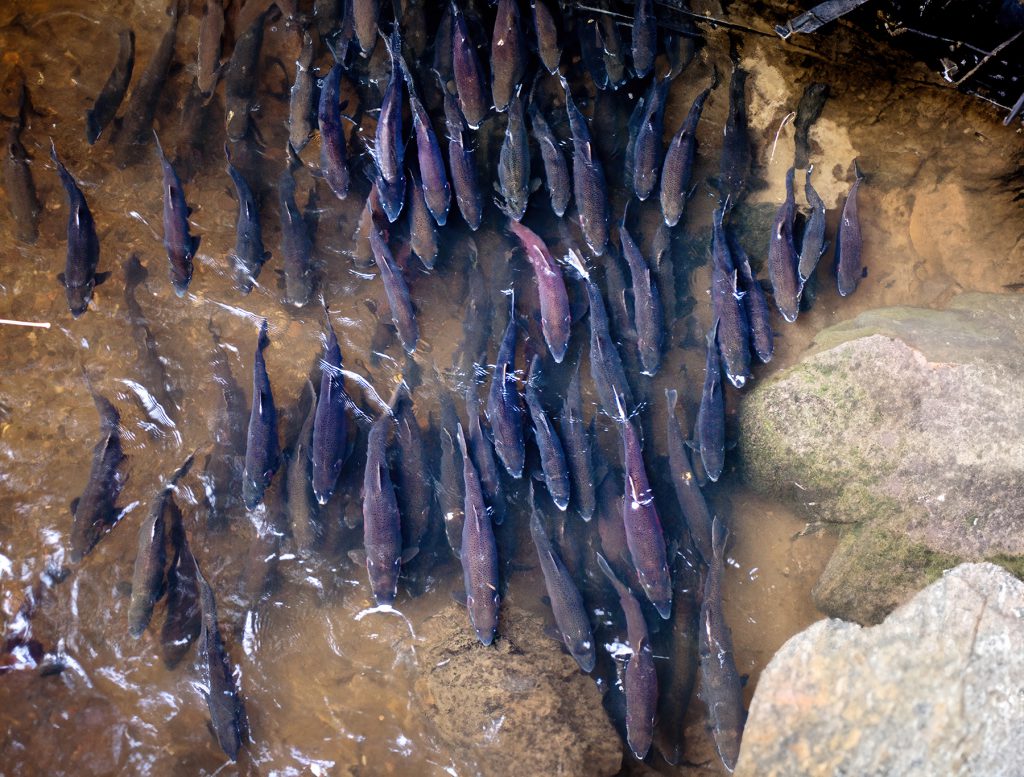

For the Public
- Get involved. Participate in the recovery community within your area. Volunteer on a habitat restoration project or in a community-based science program. See pugetsoundstartshere.org for links to organizations to join. Plant a tree or native plants at home.
- Quiet the waters of Puget Sound to help orcas find food. If you’re a boater, give orcas space. Follow the BeWhaleWise guidelines for whale watching. And please use pump-out stations to keep sewage out of Puget Sound.
- Drive less. Support efforts to improve alternative transportation options in the Puget Sound region.
- Keep plastics and toxic chemicals out of our waterways. Reduce single-use waste, reuse what you can, and recycle smartly. Use environmentally friendly products in your home and on your landscape, fix vehicle leaks, use a commercial car wash, and have your vehicle oil changed by a professional.
- Speak up for Puget Sound. Vote. Tell a friend. Make sure your local, state, and federal representatives know how important Puget Sound is to you.
- Learn about the Tribes, Tribal sovereignty, and treaty rights. Support projects and initiatives that advance Tribal treaty rights.
- Learn about environmental justice and underrepresented populations in governance in your home area.
For Tribes
The Puget Sound Partnership recognizes Tribal nations as unique, distinct, sovereign peoples with inherent rights and connections to the Puget Sound. The Partnership acknowledges its government-to-government duties and will prioritize consultation with federally recognized Tribal nations. Ongoing collaboration with Tribal nations and consortia is central to our collective effort of Puget Sound recovery. Tribal nations lead, maintain, and participate in forums that guide and inform salmon and Puget Sound recovery and the development and implementation of the 2022-2026 Puget Sound Action Agenda.
Federally recognized Tribal nations retain their inherent rights and are, as such, sovereign and operate their own Tribal governments to govern their Tribal lands, citizenry and reservation populations through self-governance and self-determination. Tribal nations have a unique trust relationship with the United States federal government based on the U.S. Constitution, treaties, statutes, executive orders, and court decisions. Their status as sovereign nations entitles them to a direct government-to-government relationship with the federal government, independent of the states or local jurisdictions where these Tribal nations may reside.
The Partnership is guided by laws, policies, and agreements related to Tribal consultation. In our engagement with Tribal nations we strive to be consistent with the 1989 Centennial Accord, 1999 Millennium Agreement, The Healthy Environment for All (HEAL) Act, and Chapter 43.376.
The Partnership and the Leadership Council respectfully ask Tribal nations to continue to engage and work with us in regional and watershed-scale salmon and Puget Sound recovery planning, implementation, and science and monitoring efforts.
- Continue working together to protect and uphold Tribal treaty rights.
- Identify changes to federal, state, and local laws, policies, and programs that will accelerate recovery and implement the Tribal habitat strategy while enhancing human wellbeing.
- Participate in regional and watershed-scale recovery planning, implementation, and science and monitoring efforts.
- Work with the Washington State Department of Fish and Wildlife and the Leadership Council to help us integrate habitat, harvest, and hatchery efforts in Puget Sound.
- Work with the Partnership and Salmon Recovery Council to develop and implement the Puget Sound Salmon Recovery Plan Addendum (Regional Chapter Update).


